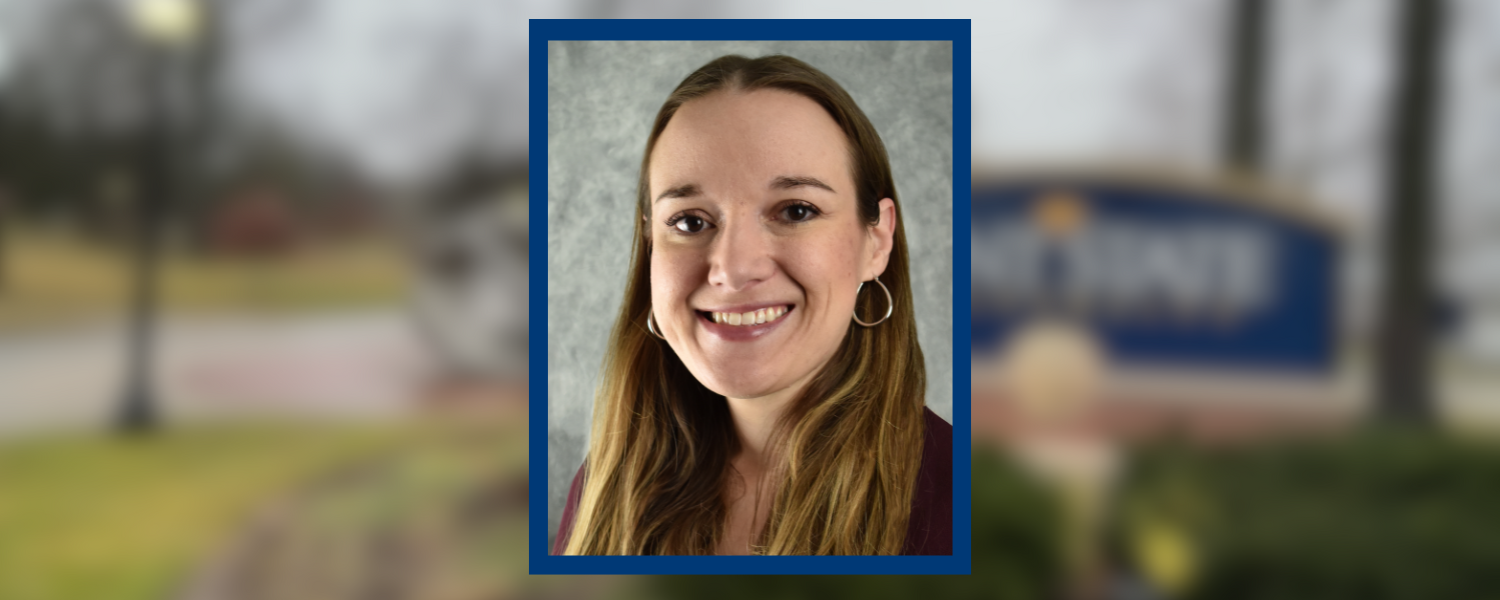Assistant Professor Kaatie Cooper, Ph.D., envisions a world where journalists and scientists work together to better inform the public about environmental issues. She’s working toward that vision through her research, which examines how mass media affects environmental issues, especially in documentary work.
Cooper started out her career in environmental media and documentaries, and recently finished her first year teaching at Â鶹ӰԺ State’s School of Media and Journalism. She previously worked as an assistant professor in the Communication and Journalism department at the University of Wyoming.
“The research I do looks at mass media effects around environmental issues primarily,” Cooper said. “So much of that research is aimed at figuring out ways that media creators can overcome some of the barriers to persuasion that exist on the basis of things like ideological bias.”
She said she focuses on documentaries because it’s an understudied genre of film. She wants to know why documentaries produce real change — people know that documentaries make a difference, but there’s no research as to why.
Cooper said she also intends to look at why people don’t perceive global problems as relevant to them, as well as “other psychological barriers to pro-environmental behavior.”
Coming to Â鶹ӰԺ State and teaching digital media production has been “awesome,” according to Cooper, because of all the resources and equipment available to students for whatever opportunities they want to pursue in or out of the classroom.
“I was teaching classes similar to the ones that I teach here but the video production program (at Wyoming) was essentially (just) me, rather than being a robust, entire sequence like it is here at Â鶹ӰԺ State,” Cooper said.
While she encourages students to pursue their interests, Cooper said she incorporates her environmental documentary research in the classroom when appropriate.
In her Elements of Film, TV and Animation class, Cooper said she screened a couple of documentaries and then facilitated discussions about the ethical issues surrounding them. In her Digital Video Editing class, she leads discussions about nonfiction editing and “how to reproduce typical documentary elements.”
Cooper takes a non-traditional approach to grading, which has been well-received.
“With my editing class, I use the points-free grading system, where students just need to meet a list of requirements, but everything else is within their creative freedom,” Cooper said. “It’s more like an authentic real world working situation.”
This grading system is compared to when someone’s boss gives them an assignment with parameters; when the work is turned in, the boss isn’t going to grade it. Cooper said she allows her students to revise and resubmit assignments when they may not have hit all of the requirements.
“That appropriately encourages a growth mindset in students and gives them a little bit more freedom and confidence to take risks and experiment with assignments,” Cooper said. “There’s not a negative consequence for not doing things in an exact certain way, which I think is really important for empowerment.”
Cooper said she constantly asks her students for feedback to better her teaching and the student experience.
“One of the challenges of teaching, especially these earlier sequence production classes,” she said, “is that students are coming in at very different levels … I think it’s really important to try, within reason, to individualize education.”

